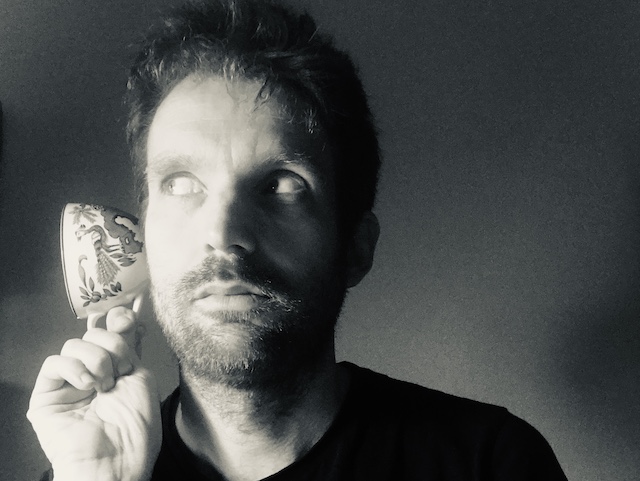What if you couldn’t look stuff up online? This is a question I keep returning to. One answer is that other people might become a more important source of information. You’d need to pay more attention. You’d probably look forward to the opportunity to speak to them more. And you’d remember more about what they said.
The premise makes me think of books set in a time before tv and radio (let alone internet) when the arrival of a new visitor in the house represented the chance to mine a new seam of experience.
Those rich seams are still there to mine, but in the internet age they may seem less viable, when we can just look stuff up. Like an established copper mine in one country that is abandoned because of the discovery of more easily accessible ore from abroad. But when we look at what we dig up, I think we are able to mine online is of much less richness than what we get face-to-face. I want to rediscover that richer seam.
When we ask someone of their impressions of a place or to recount a story from their adventures, we aren’t just getting a list of facts and figures: we are getting something that is the product of what they actually experienced, and the impression that these experienced made on them. Like a tide crashing against a headland made of rocks of varying hardness, against which in some places the waves have no impact and in other softer places the landscape is altered, some parts of the experience will have made no impression while others will have altered the person.
Every individual is composed of a unique combination of deposits built up from layers of experience and habits that shape the way they encounter the world. Every new encounter lays down new layers and erodes other pieces away. Seen in this light, no two people can encounter the same place and tell the same story about it. In the people that surround us there is a vast range of stories they have to tell about the world.
What if we were able to see the people we encounter as the great vessels of experience and interpretation that they are? What if we could really be quiet and tune in to all they have to share? I think we would discover huge richness in the people around us and develop much needed understanding and empathy. Here’s a few things I’ve been trying.
- See the chance of seeing someone as the chance to find something out.
- Stem the flow of low-grade input. Just as snacking spoils your appetite eating, gorging on low-grade online information spoils your appetite for listening.
- Learn to listen. As Barbara Kingsolver’s character Ovid Byron says in Flight Behaviour, ‘I never learn anything listening to myself.’ For me the worst kind of social event those where people are just talking at each other. It’s a low-scoring game of conversational tennis.
- Ask better questions. What does the person you are with know more about than you? What experiences have they had that you will never have? Ask them questions and see what you can learn.
- Save up things to talk about. It’s so easy to send a message with a quick question. But messages are intrusive. They say I am going to interrupt what ever you are doing with what I’m currently thinking about. Instead, write it down on a list of things to talk about next time you speak. If that list is starting to get long then maybe it’s time for a proper conversation.
What do you think of these suggestions? Let me know how you get on next time we speak.


Leave a Reply